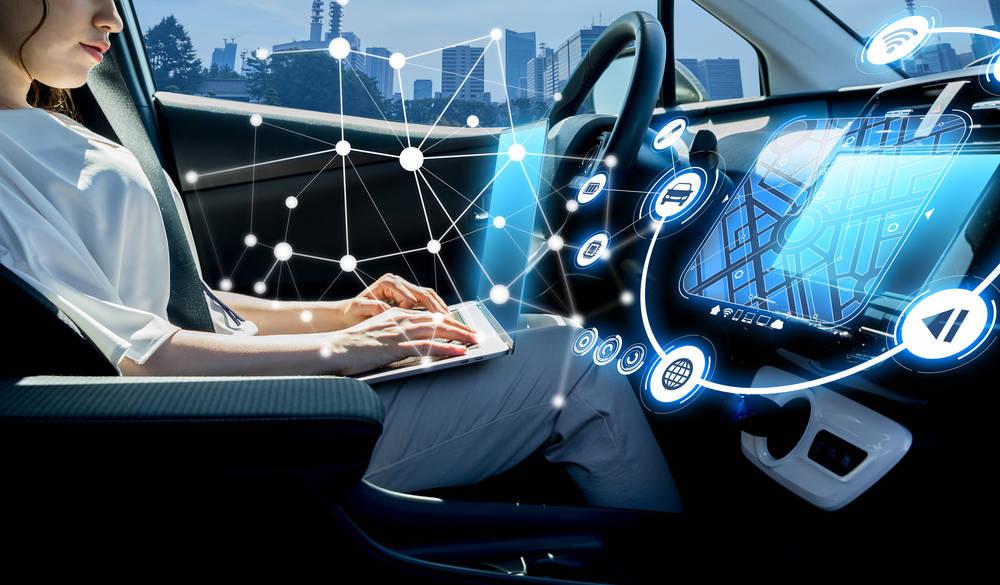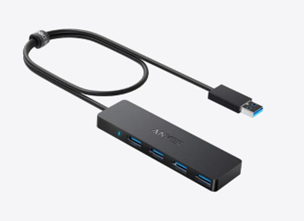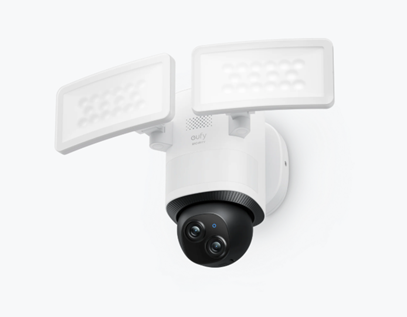Microsoft is pumping supercomputing oomph as well as funds into a British-born autonomous vehicle startup.
On Wednesday Wayve, the upstart in question, confirmed it has struck a deal with Microsoft – not surprising since Redmond has already sunk a chunk of change into the business – to use Azure to train next-gen self-driving machines from data collected from human drivers out on the road. Richard Branson, Meta AI Chief Yann LeCun, and other heavyweights are also early investors alongside the Windows giant.
"Joining forces with Microsoft to design the supercomputing infrastructure needed to accelerate deep learning for autonomous mobility is an opportunity that we are honored to lead," said Alex Kendall, CEO of Wayve.
"Deep learning systems thrive on data, and we've put an immense amount of effort into understanding what it takes to get these systems on the road. We are excited by the opportunities that this collaboration will create as we push deep learning to new levels of scale."

Wayve has also partnered with UK retailers Asda and Ocado Group, and shipping company DPD, to trial its self-driving system in delivery vans in London. The upstart reckons data generated during the trial will provide Wayve with fleet-scale information to further improve its autonomous vehicle technology for last-mile delivery.
British motorists will be allowed to watch TV in self-driving vehicles
READ MOREWavye seems to rely on human drivers in camera-laden cars demonstrating how to follow the laws of the road; data from these journeys are used to teach autonomous vehicle control systems how to drive in a general sense, it is claimed. The biz argued this allows cars powered by its kit to get around cities without the need for highly mapped streets, as the computer system has learned to obey traffic laws and navigate through neighborhoods like a person.
Wayve began working with Microsoft in 2020 when its computing needs had grown beyond the 12-HDD RAID array the company had originally built, and the SSD-based cache server that replaced it. "With the scale of our ambition to build our Fleet Learning platform to train on diverse and enormous driving data, it became immediately clear we need to move to the cloud," the biz wrote in a blog post that year.
The amount of data produced by such tests and the computing resources necessary to process it, however, are quickly hitting those aforementioned "upper bounds of what's possible with commercially available cloud and edge computing services," Wayve said.
Wayve trains its AV models using a constant loop of processing and parsing data, training models, re-training to eliminate failures, deploying models, and updating them based on fresh data. Wayve's Kendall told Reuters that the company's cars generate a terabyte of data every minute.
The startup said it wants infrastructure able to scale up to "training models with trillions of parameters and exabyte-scale image data from real-world driving and simulation." ®
Get our Tech Resources



